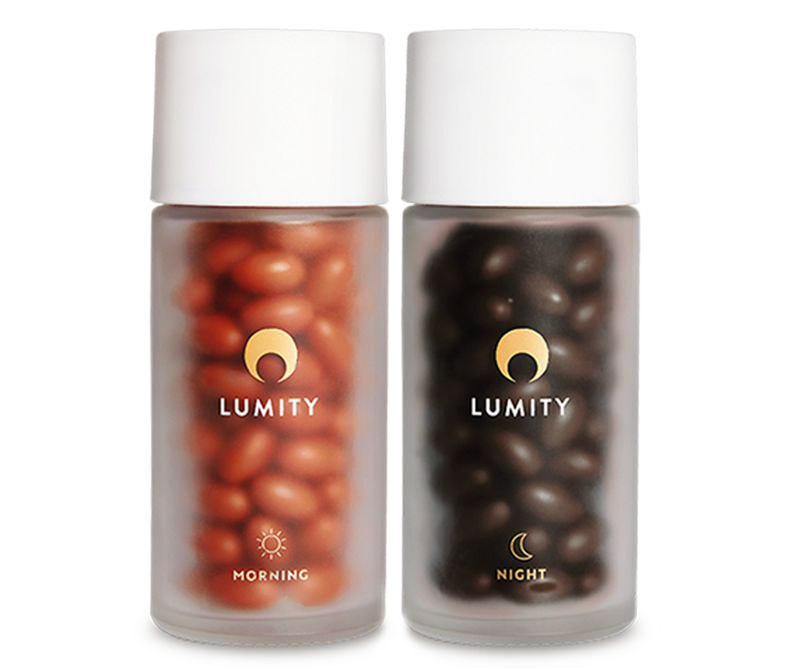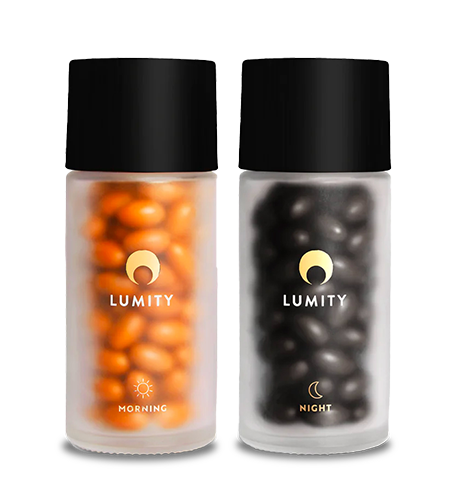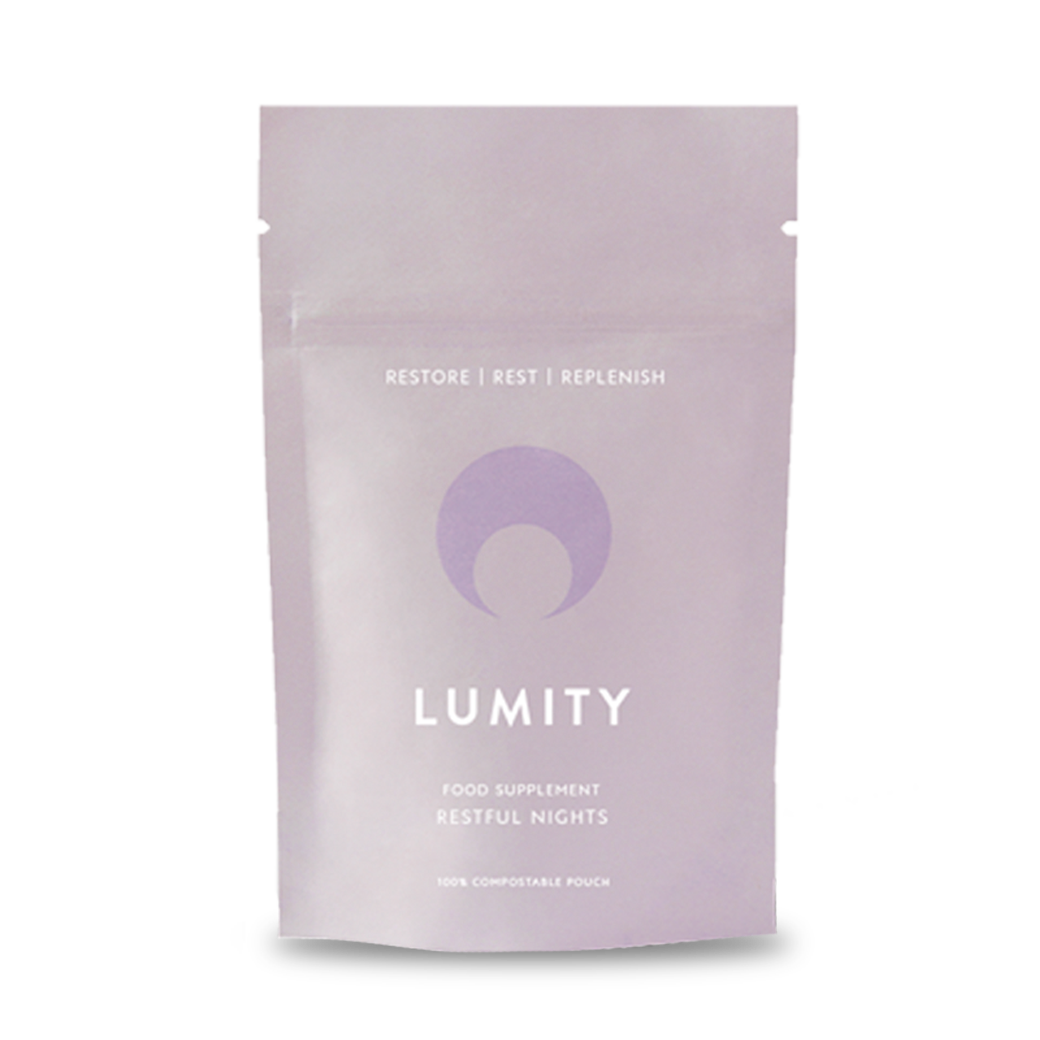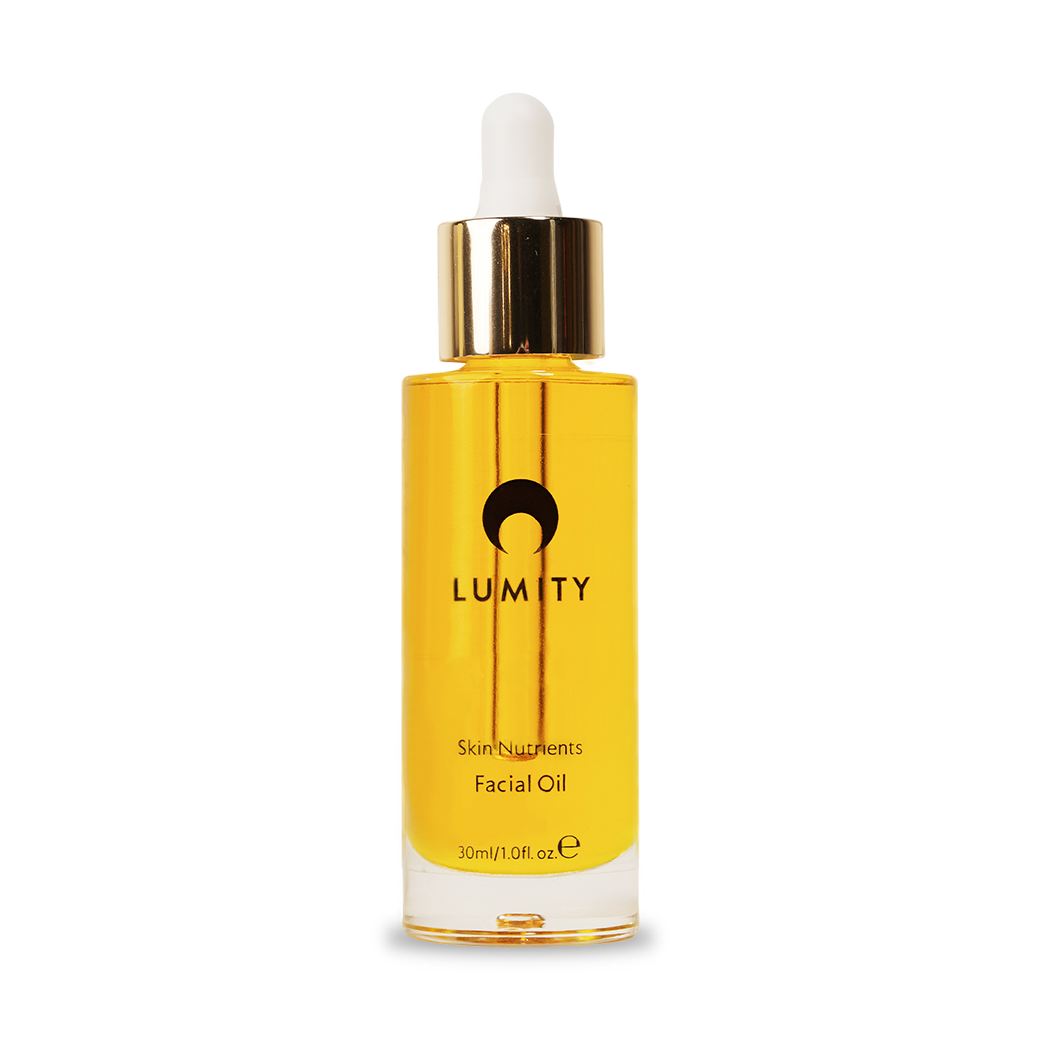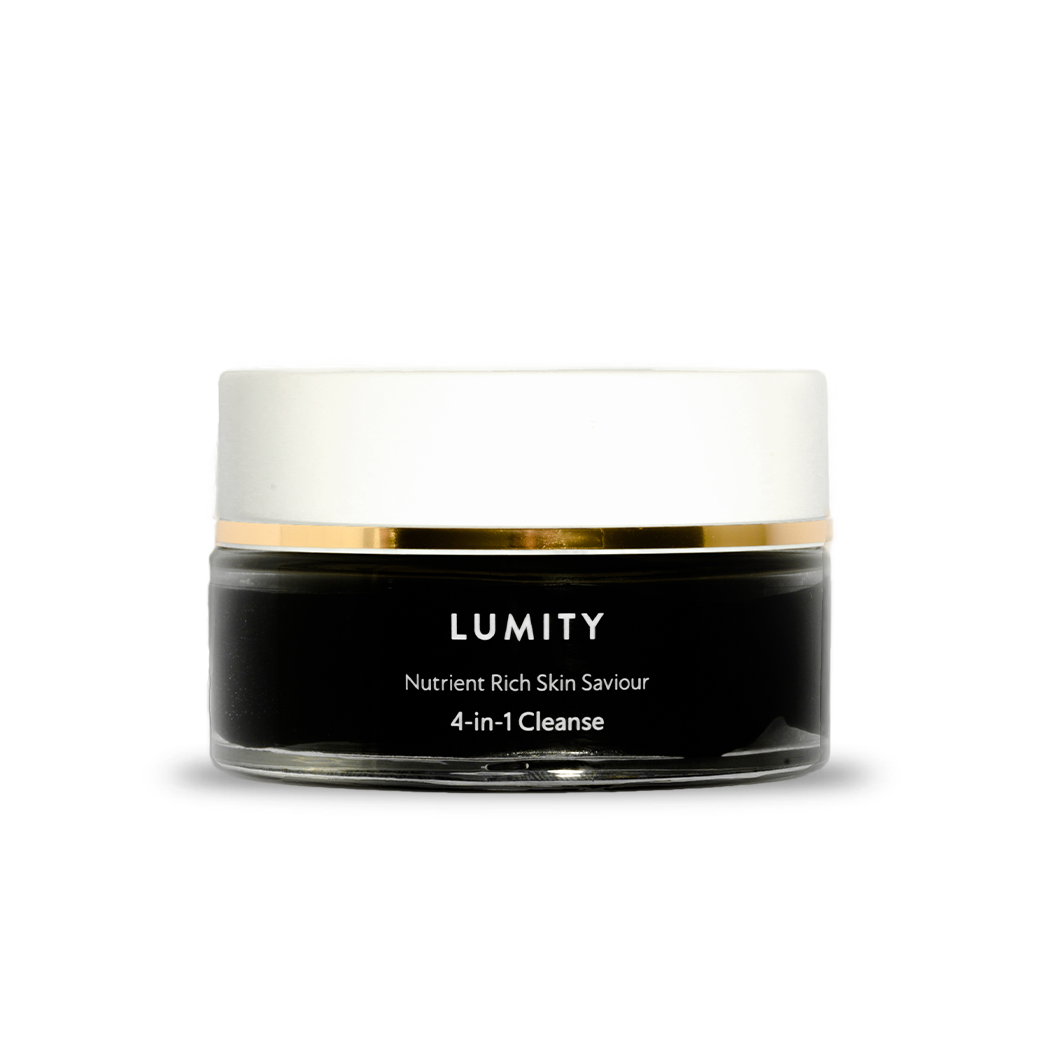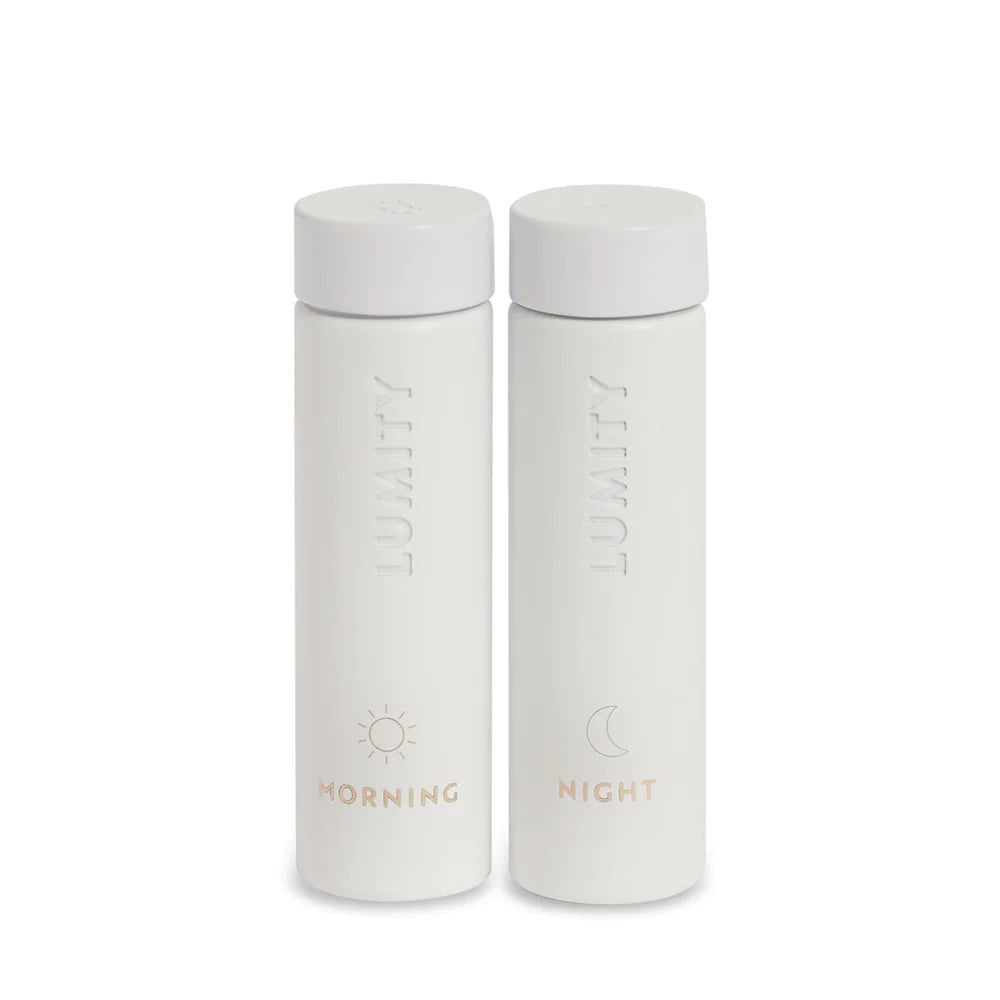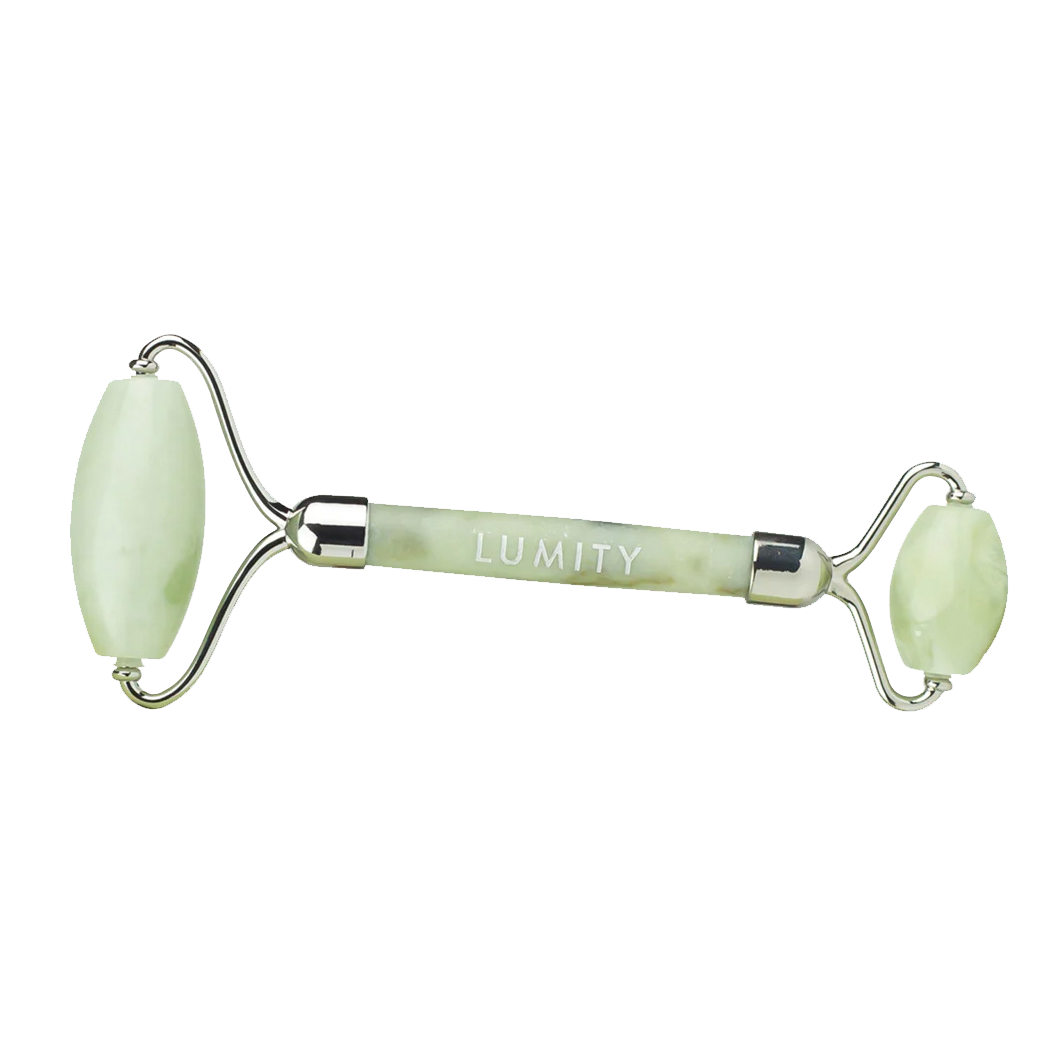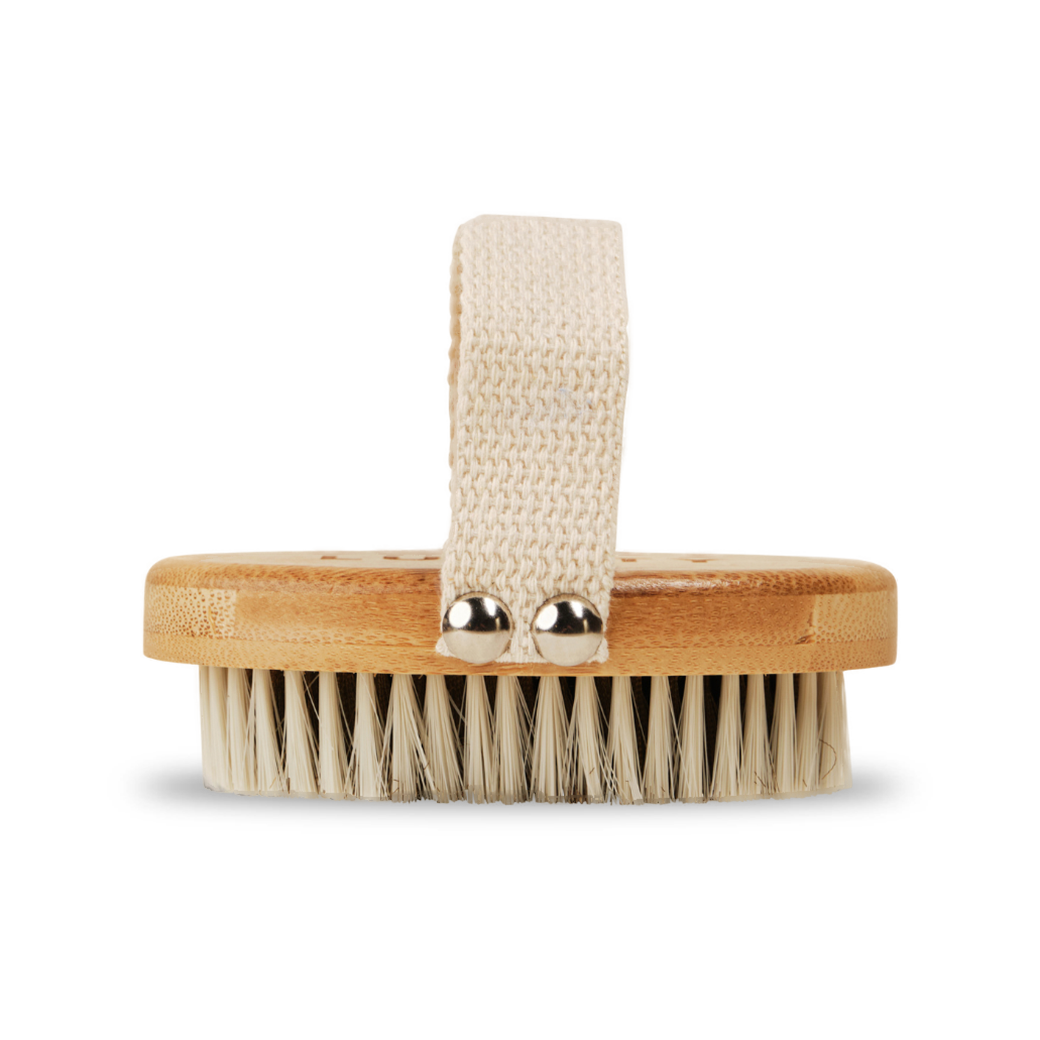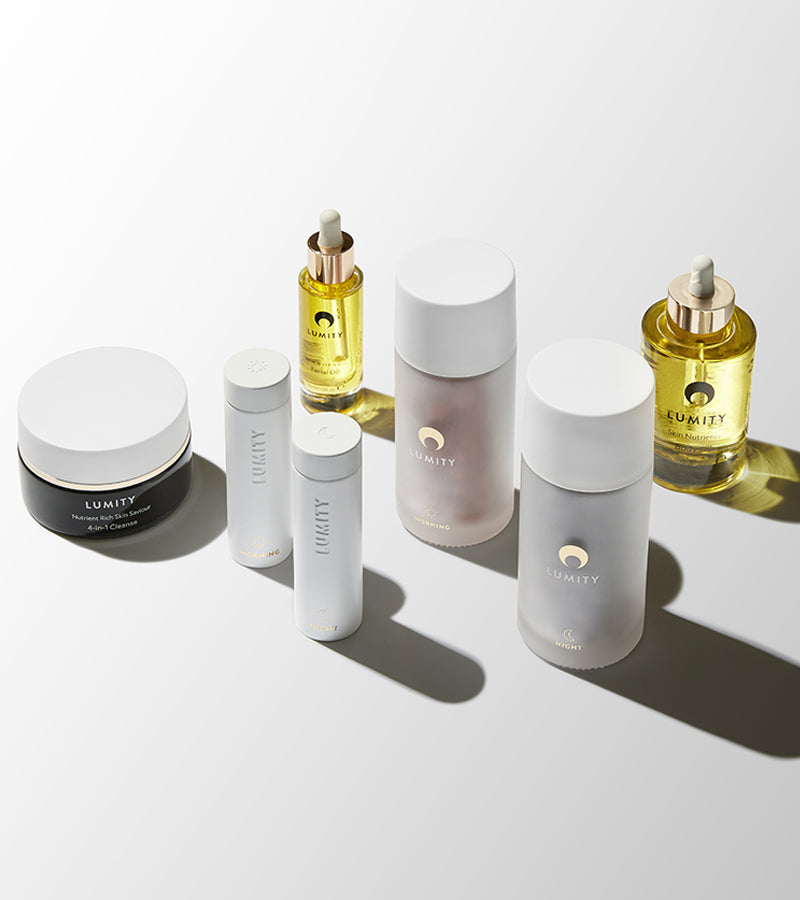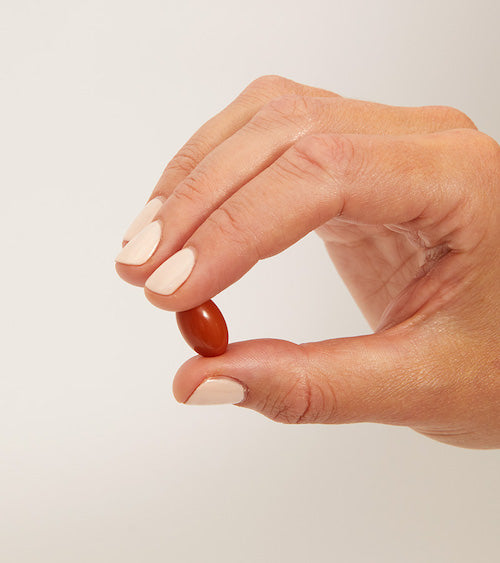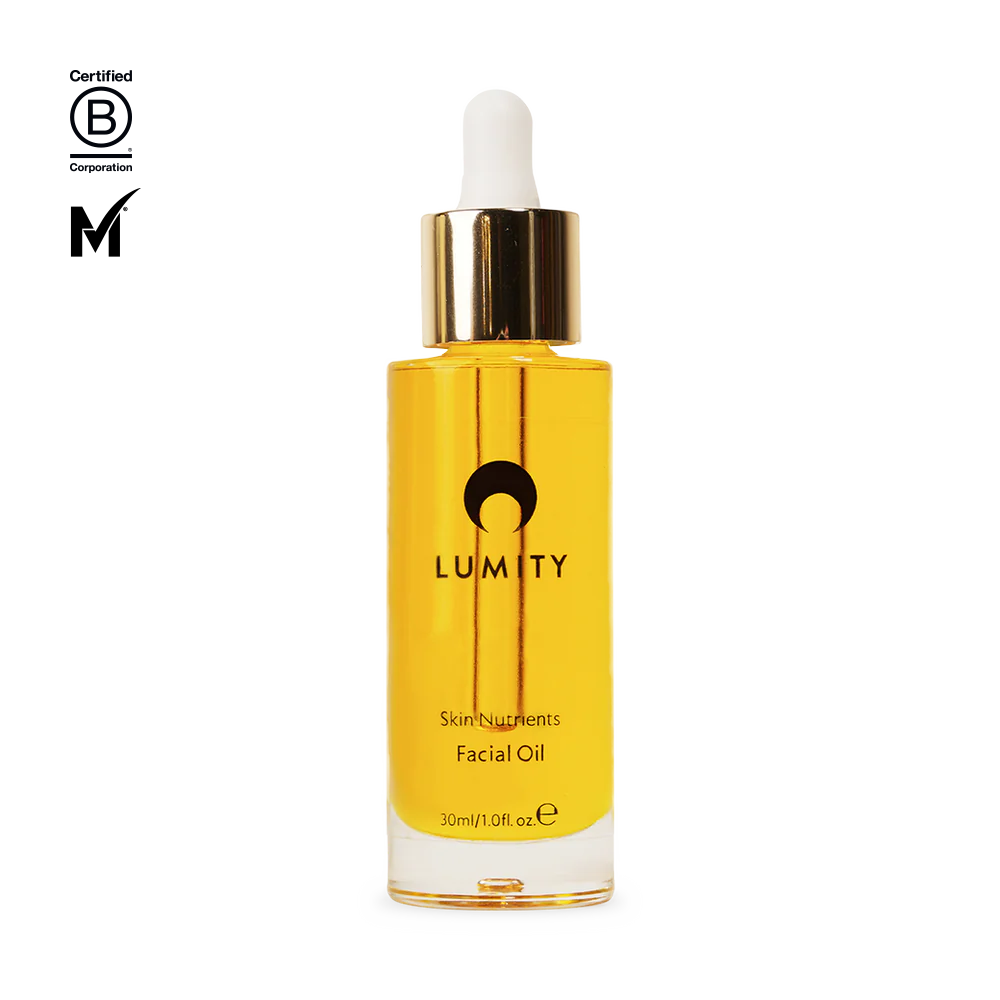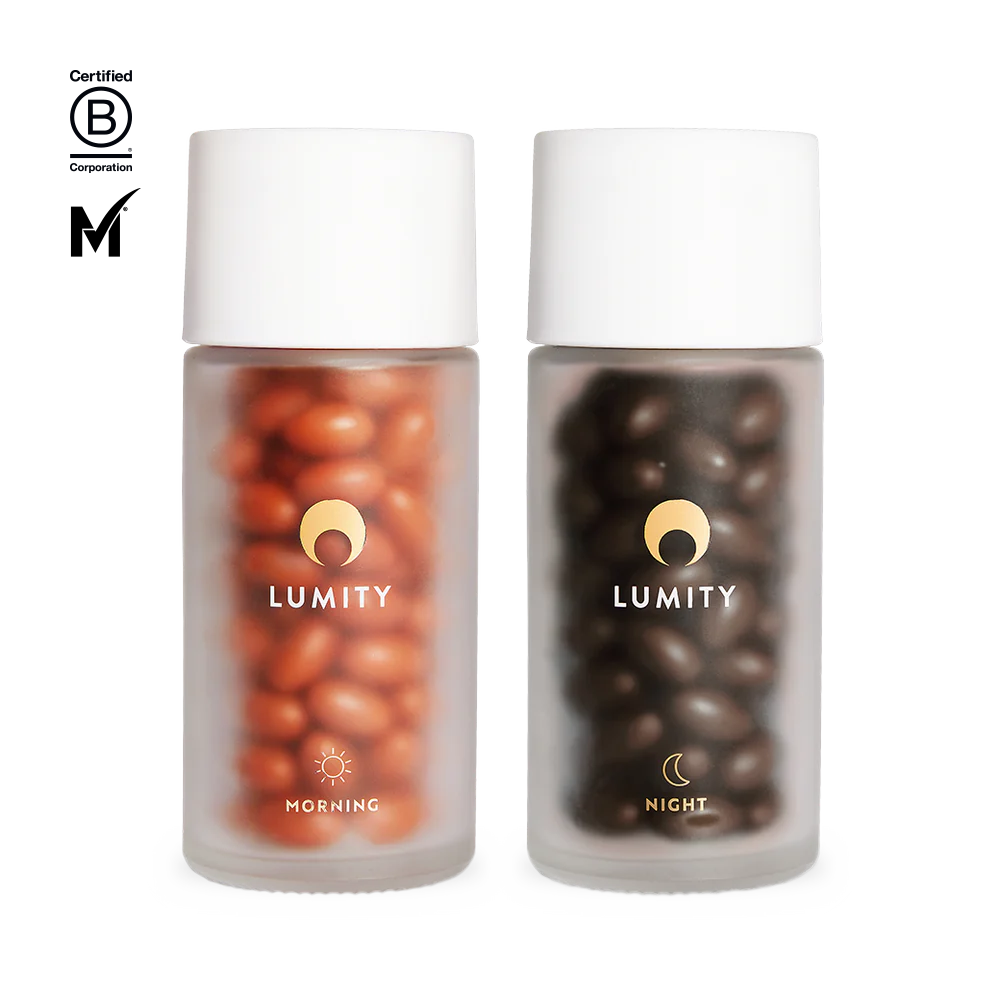28th APRIL 2024
Redefining Your Purpose in Midlife
A midlife crisis isn’t a mental health diagnosis. What we do know, however, is that there’s some evidence that reported happiness appears to drop for people between ages 40 and 60, and often having the highest rates of depression. One reason may be that there is a reflective shift at midlife, reconsidering everything about their life thus far. There may be areas that feel settled, though perhaps there are still things they want to achieve but haven’t been able to as of yet.
While the impact shouldn’t be overlooked, fortunately, this time in our lives doesn’t have to be a crisis at all. In fact, midlife is a fantastic life stage to make positive changes.
Try following our tips to make the most of midlife…
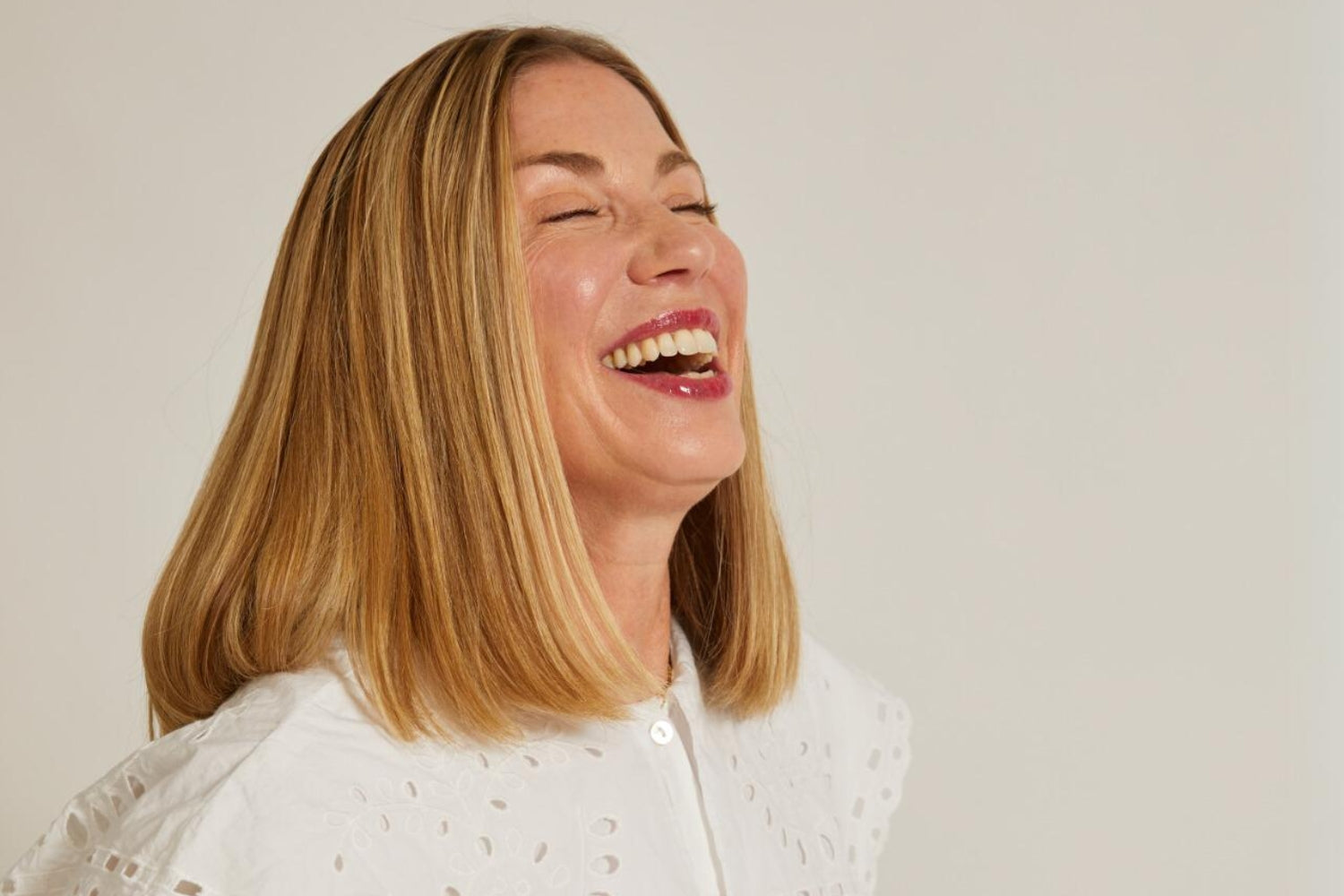
Make note of the changes in your life - Midlife can bring changes that happen fast without an adjustment period, or time to process them. Many mental health professionals agree that you should set aside time to acknowledge those changes. Spend time thinking intentionally, or writing it out to take note of everything. Rather than viewing it as dwelling on the past, focus instead on how it makes you actively aware of changes – especially the positive things!
Learn something new - There are multiple benefits to this, from keeping your mind active to giving you an amazing sense of pride and accomplishment. Dedicate time to a project you’re passionate about: You can learn to speak a new language, or write computer code using apps on your phone. Maybe you’ve always been curious about making homemade jewelry. No matter what, focusing on a project you really care about can boost your energy and optimism!
Save some energy for yourself - Whether you’re overworked, or over-stressed, it’s common to report burnout in midlife. No matter what you’re juggling, it can be hard to stop and breathe; it’s important to remember that it isn't selfish to take time for yourself. Taking the time to ask yourself what you want & what you’re feeling can be extremely helpful to know if you need to make a change.
The best way to get started on your midlife-refresh is to take stock of where you are pouring energy out, and make space for practices that replenish it.

Reconnect with friends and family
Therapists and researchers have strongly suggested that social connections are important for mental health. Reaching out to family and friends and trying to stay connected can aid in feeling less isolated.
Find new ways to stay active
You don’t have to overhaul your entire lifestyle — you can pick a small change and stick with it. Spending time outdoors a few times a week has proven mental health benefits.
In addition to its physical benefits, exercise can improve your mental health, sharpen your focus, and reduce your stress. Don’t be afraid to step outside your comfort zone either; there may be a hiking group or local recreational league to join for fun and low-stress fitness…and to make a few new friends.
Midlife is a wonderful time to reignite your zest for life. Whether it’s your relationships or your health, now is the best time to prioritise yourself, and assess exactly what will help to improve your life, for the years to come.
Feel-Good Essentials
More from the Journal...
Our priority at Lumity for Women's Health Week this year is to provide our community with both physical and emotional nourishment. As part of this, we have chosen to partner with an organisati...
Read moreUnlocking the Secrets of Youth: The Rise of Biological Age Testing
With scientific research and innovation at our core, at Lumity, we’re excited by new developments in research, clinical studies and product design aimed at optimising health and wellness. One examp...
Read more
A midlife crisis isn’t a mental health diagnosis. What we do know, however, is that there’s some evidence that reported happiness appears to drop for people between ages 40 and 60, and often having...
Read more